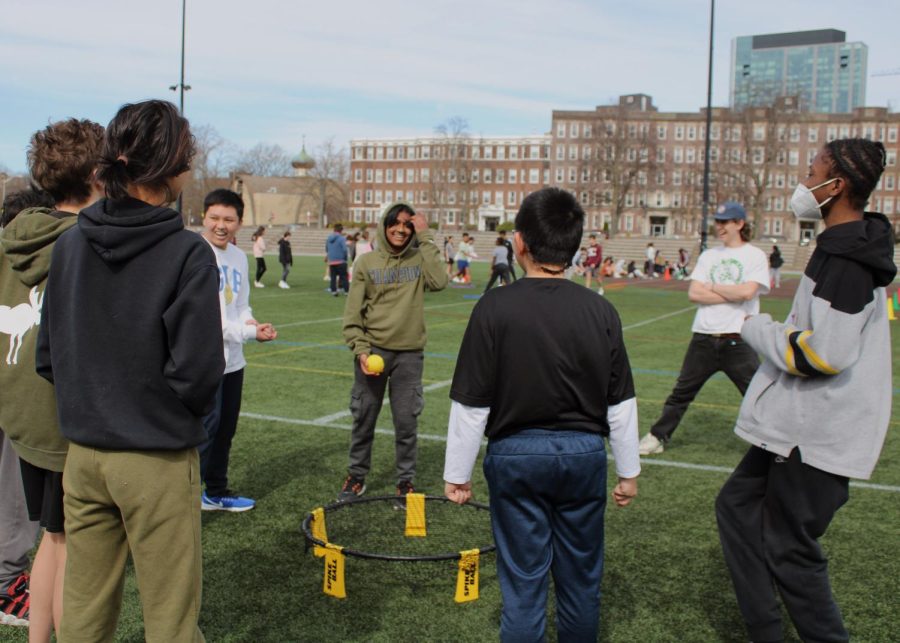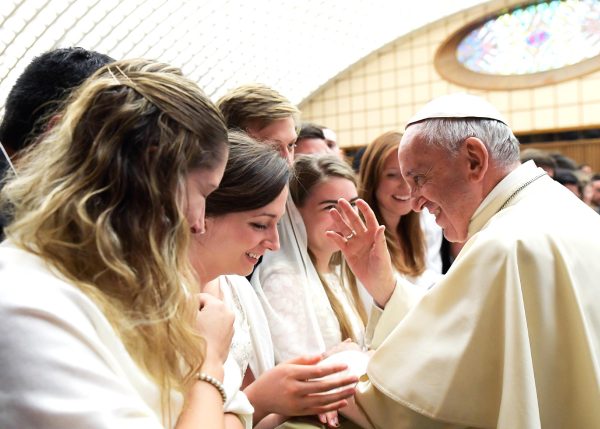Work Hard, Play Harder
If you ask an average Boston Latin School student what word comes to mind when they think of school, there’s a good chance it won’t be “fun.” Something along the lines of “stressful” or “difficult” is more likely. Although school is intended to be a place of learning, spending so much time in a rigid, high-stress environment harms students’ mental and social well-being. Introducing a more relaxed, activity-based element to school through “fun days” could be the answer.
BLS is structured to prepare students for college, which comes with a heavy course load and immense amounts of stress. The demanding seven-class rotation leaves very little room for students to even catch their breath, let alone spend time with their peers and relax. As a result, BLS students lack the positivity necessary to effectively engage with their community.
Since students spend so much of their time at school struggling, the relationships they form tend to reflect that. Building relationships based on mutual struggles is normal, but bonding over fun activities would nurture genuine connections based on shared interests, replacing the conversations over the things that trouble them.
Forming positive relationships is especially crucial for underclassmen who are familiarizing themselves with people they will be spending the next four to six years with. Following the recent eighth-grade field day, Ireland Fisher (V) remarks, “We could interact with people from our homeroom, which was good because I don’t really see them that often.” Fun days allow people to connect with others outside of classes.
As for upperclassmen, events such as schoolwide dances or competitions would give them more to look forward to and a reward for their demanding course load and college process. Many high schools organize events like homecoming dances or sporting events. BLS only has prom, exclusive to juniors and seniors, and the occasional sports event, which cannot include everyone due to the enormous population of the school.
Wider connections promote class unity, something that the school lacks. Some students go their entire BLS career without meeting some members of their class, even in passing. Being so close to someone for so long but never getting the chance to know them is unfortunate, not only due to the lost potential friendships but also the community’s lack of interconnectedness.
Gabriel Dantas (I) remarks, “I personally have met so many people in extracurricular activities such as sports and clubs, and I believe fun days would just add to that by introducing you to people you might not see in your classes or day-to-day activities.” Giving students more opportunities to connect with one another is an important step in bringing the BLS community together, which is what the school’s mission strives for.
By implementing “fun days,” BLS could also uplift student voices by including them in the planning process. If students are the ones responsible for their activities, they can organize events that guarantee relevance and enjoyment, likely increasing active participation. According to Fisher, the field day involved “a lot of games involving bean bags and relay races.” Although these are universally enjoyable, student-led activities have the potential to be more effective in connecting students with one another.







